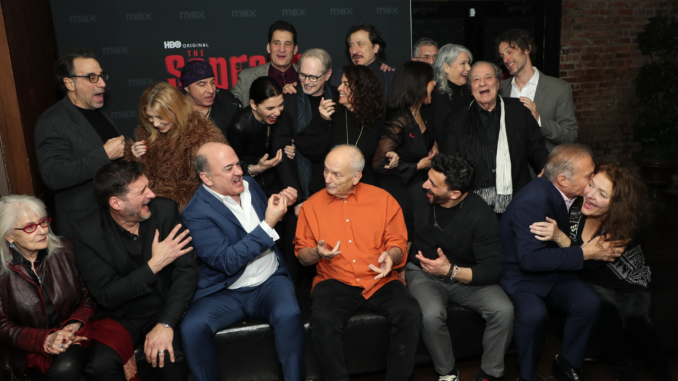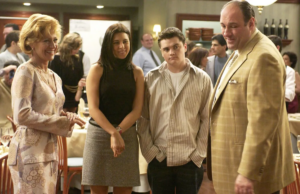
Widely considered as one of the greatest works of television ever made, The Sopranos, created by David Chase, remains championed for its intimate storytelling, morality nuanced characters and examination of the criminal underworld, family life and the chase of the so-called American dream .
James Gandolfini’s portrayal of mob boss Tony Soprano, as he traverses the tightrope between his personal and professional lives, was nothing short of mesmerizing, as were many other of the show’s characters. Rather than glorifying organized crime, though, The Sopranos dived into the psychological aspects of its figures, exposing their vulnerabilities and flaws.
With all that in mind, one might suspect that the legendary director Martin Scorsese would have shown an interest in The Sopranos, seeing as many of his films also explore the nature of Italian-American families and the criminal underworld. However, Scorsese seems to have a lesser opinion of David Chase’s creation, finding issues at its heart.
“I think I only saw one episode of The Sopranos, for example, because I can’t identify with that generation of the underworld,” Scorsese once told The Belfast Telegraph. “They live in New Jersey with the big houses? I don’t get it.” In fairness to Scorsese, his New York upbringing was starkly different to the kind of lavish life Tony Soprano has given to his children.

It’s not only the kind of setting of The Sopranos that Scorsese took issue with, though; it was also the kind of words used in a domestic environment. The director noted, “They use language – four-letter words – in front of their daughters, at the dinner table? I don’t get that. I just didn’t grow up that way.”
Scorsese has spoken of his Catholic Italian-American upbringings on several occasions and further explained how it influenced many of his films. There was a level of strictness in Scorsese’s youth and a respect for one’s elder that was held in the highest of importance, and he’d never had spoken at the dinner table in the way Tony, Anthony Junior and Meadow did in The Sopranos.
Still, one can’t help but feel that Scorsese has somewhat missed a trick by judging the series based on just one episode, and The Sopranos is easily one of – if not the best TV series of all time and also explores many of the narrative themes and motifs that Scorsese himself has wont to delve into.